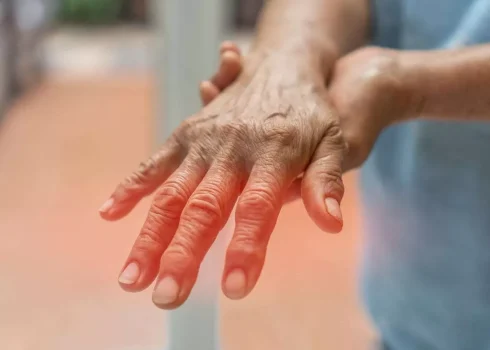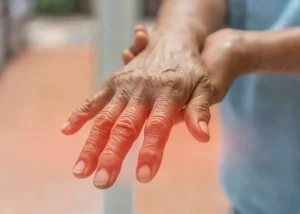
One of the most common examples of good peer pressure is when students encourage their peers to work hard and do well in their studies. When children see their classmates striving for excellence, they may be motivated to put in more effort themselves. This can create a positive feedback loop, where students push each other to achieve their best. Additionally, students may also encourage their peers to participate in extracurricular activities or take on leadership roles. This can help build a sense of community and encourage students to develop new skills and interests.
Talk about independence with your child
- How a child responds to peer pressure can highlight different traits.
- Discipline your child, but also know it’s a good opportunity to teach your child about choices and having the courage to say no.
- But the best thing of all is to be yourself — even if it means being different from your peers.
- The child can then refer to their family rule when refusing to give in to peer pressure.
- Recognizing its signs is crucial for mitigating its impacts and fostering a healthier family environment.
Gender can affect how these pressures are internalized and expressed. For example, of the 29% of teens who responded they felt peer pressure to look “good,” girls were more likely than boys to say they feel a lot of pressure to look good (35% vs. 23%). Peer pressure in younger children tends to be limited to copying bad behaviors such as acting out or taking things that don’t belong to them. According to a 2021 study, 86% of parents who participated said that they pressured their kids because they grew up with distant or negligent parents and wanted to pay more attention to their own children. Here are six other ways to help your child resist peer pressure and stay on the right path.

Peer Pressure in Children

They can provide advice and help deal with pressure-filled situations. Peers are people who are part of the same social group, so the term “peer pressure” refers to the influence that peers can have on each other. Usually, the term peer pressure is used when people are talking about behaviors that are not considered socially acceptable or desirable, such as experimentation with alcohol or drugs. According to child and adolescent psychiatrist Akeem Marsh, MD, “it’s very easy to be influenced by peer pressure as we humans are wired as social creatures.” To support children in an age of screens and social media, it’s important for parents to teach healthy digital habits that encourage emotional health.
Tips for Choosing the Right School for Your Child
It’s OK to like what your friends and classmates like, or do what they do, as long as it feels right for you, too. But the best thing of all is to be yourself — even if it means being different from your peers. Dealing with peer pressure can be difficult, but below are some ways to help address it. They are also typically striving for social acceptance and are more willing to engage in behaviors against their better judgment to be accepted. Get health tips and parenting advice from Children’s Health experts sent straight to your inbox twice a month.

As they make decisions themselves, they’ll feel good about the choices they make and may be more likely to choose to do the right thing. Have you heard the old joke about the patient who tells the doctor, “Doc, my arm hurts when I do this! If your teens face pressure from peers pushing them to do things they know are wrong, teach them to stay away from stressful situations in the first place. If they know that a group of teens tend to look for trouble, avoid hanging out with them.
When we do this, later they will not be able to distinguish between their parent’s voices and their peers’—it is the same energy, the same basic message. Many adults are susceptible to drinking too much because their friends are doing it, or putting work before family because they’re competing with other people in their office for a promotion. In turn, your friend might reconsider criticizing people based on their appearance. By simply adhering to your own values and sharing which of the following is a type of indirect peer pressure? them with a friend, you can positively peer pressure them to think before making a negative comment.
- For example, if a friend or classmate pressures them to take something that doesn’t belong to them, teach your child how to say “no” and walk away.
- The type of peer pressure your child is experiencing depends on the peer group they socialize with and the larger social groups they interact with—both in person and online.
- This emotional strain is particularly damaging when parents internalize these feelings, leading to a diminished sense of self-worth and, in some cases, depression.